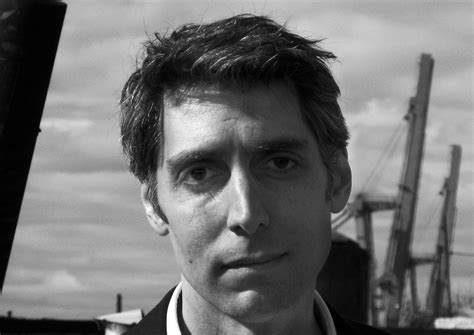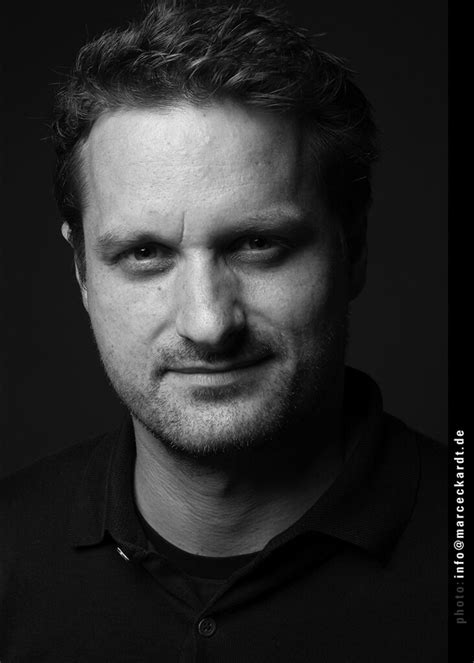A Quote by Joe Gebbia
What if cities embraced a culture of sharing? I see a future of shared cities that bring us community and connection instead of isolation and separation.
Related Quotes
Fifty percent of the world's population lives in cities. In a couple of decades, 70 percent of the world's population will be living in cities. Cities are where the problem is. Cities are where the solution is, where creativity exists to address the challenges and where they have most impact. This is why, in 2005, the C40 was founded, an organization of cities that address climate change. It started with 18 cities; now it's 91. Cities simply are the key to saving the planet.
Dominator culture has tried to keep us all afraid, to make us choose safety instead of risk, sameness instead of diversity. Moving through that fear, finding out what connects us, revelling in our differences; this is the process that brings us closer, that gives us a world of shared values, of meaningful community.
We fight for territory. We see it in our Congress, we see it in our political systems, we see it in our ways of life, how separated we are. When we moved out of the cities and we lost all of the memory that was in cities, and we - one of the highest achievements in our culture is to be able to segregate yourself from everyone else, and the deep thing is the deepest punishment is solitary confinement.
Nothing lasts forever. But—especially as it seems to me cities and humans are symbiotically and inextricably bound at this point—I hope cities have a good, long run. Plus, cities are beautiful creatures in their own right; and as with us, their vulnerability and ephemerality are part of that beauty.
The opportunities of the twenty-first century make those of us who care about cities feel like kids in a candy store: How will cities survive and lead the way in the transformation required to combat global warming? Resilient Cities gives us a road map for this epic journey upon which we are embarking.
As industries migrate toward the Far East, the future of many Western cities will no longer lie in manufacturing products but ideas and patents. Young, mobile elites can choose where they want to live, and they can easily move, which means that cities are involved in a heated competition for the best people. Only the most attractive cities can benefit from this development.
It will be interesting to see if Seoul's urban vocabulary of numerous, ever-present interactive screens will translate to other cities such as Beijing, London, and New York. It will also be intriguing to see if smaller cities and towns adopt aspects of Seoul's screen culture throughout Asia, Europe, and North America.








































